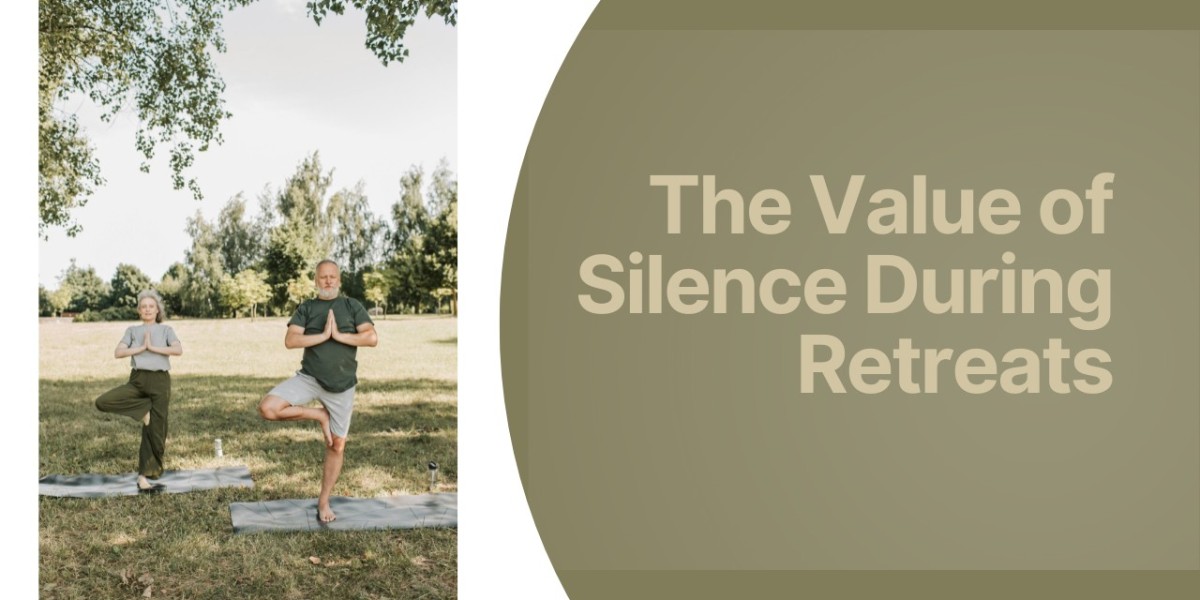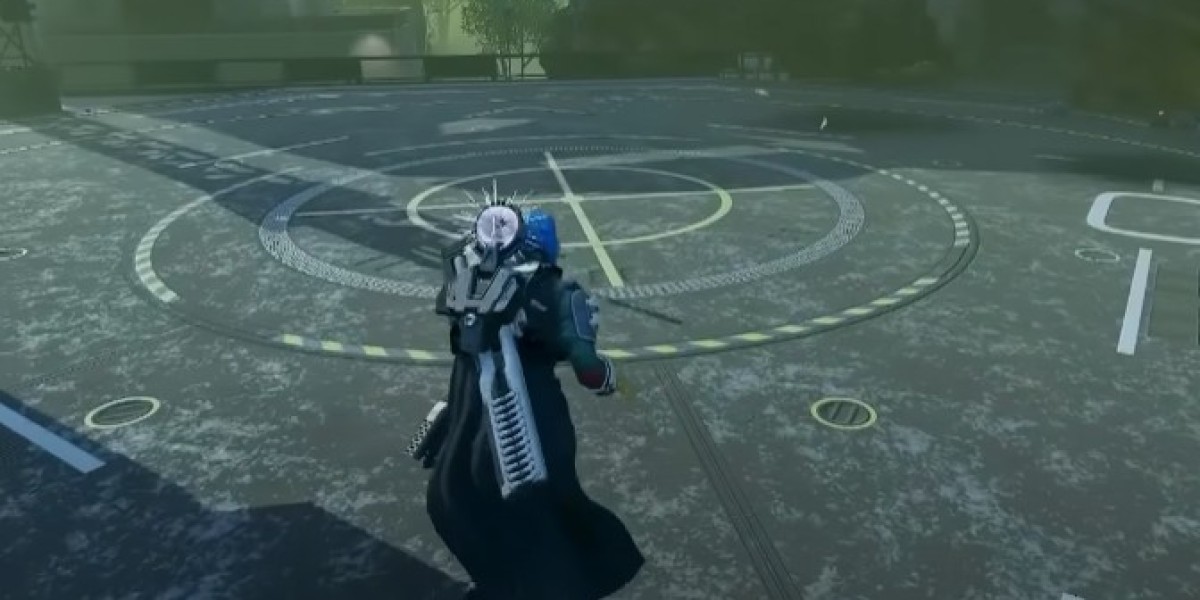In a world filled with constant noise—traffic, conversations, music, endless notifications—silence has become rare and even uncomfortable for many. Yet silence holds a unique power. It is not the absence of sound, but the presence of peace. Within silence, we discover space for clarity, healing, and deeper self-awareness.
Retreats often embrace silence as an essential part of their design. Whether through entire silent retreats or designated hours of quiet, participants quickly realize that silence is not empty—it is profoundly full. It becomes a mirror, a teacher, and a doorway to transformation.
Why Silence Feels So Valuable
Silence is more than just quietness. It is a state where external distractions fade and inner awareness expands. In retreats, silence creates an atmosphere of mindfulness that allows participants to:
Listen more deeply to their thoughts and emotions.
Step out of the chaos of constant communication.
Experience rest at a level that noise often prevents.
Connect with themselves and their surroundings more authentically.
This space becomes fertile ground for growth and reflection.
Silence in Ancient Traditions
The practice of silence has deep roots in spiritual traditions worldwide. In India, it is known as Mauna—a practice of controlling speech to conserve energy and direct awareness inward. Yogis, sages, and seekers often used silence to deepen meditation and connect with the self.
Other cultures, too, honor silence. Monasteries, meditation centers, and spiritual communities across the globe integrate quiet as part of their practices, recognizing its profound role in awakening the mind and heart.
How Silence Works During Retreats
Retreat silence is not about restriction—it’s about freedom. When participants step into silence, several shifts begin to occur:
1. The Mind Slows Down
With no need to respond, explain, or engage in constant chatter, mental noise decreases. This opens space for clarity.
2. Heightened Awareness
Sounds of nature, body sensations, and subtle thoughts become more noticeable. Awareness sharpens, leading to mindfulness in every action.
3. Deeper Emotional Release
Without distractions, unprocessed emotions often surface. While this may feel uncomfortable at first, it creates opportunities for healing.
4. Strengthened Meditation
Silence supports deeper meditation by removing external triggers. The mind can settle into stillness more easily.
5. Presence in the Moment
Without words, participants often find themselves more present—whether eating, walking, or simply breathing.
Popular Yoga Programs in Rishikesh
Students often choose Rishikesh because of the wide range of yoga courses available, catering to every level of practice.
100 Hour Yoga Teacher Training Course In Rishikesh – A short-term foundational course ideal for beginners or travelers looking to deepen their practice in a limited timeframe.
200 Hour Yoga Teacher Training – The most popular certification, providing a complete introduction to teaching methodology, philosophy, and balanced practice.
300 Hour Yoga Teacher Training – An advanced course designed for students who have already completed 200 hours and want to master their skills.
500 Hour Yoga Teacher Training In Rishikesh – A comprehensive program combining 200 and 300 hours, perfect for those who want the highest level of yoga education.
7 Days Yoga Retreat In Rishikesh – A wellness-focused retreat for students who may not want certification but are seeking rejuvenation, relaxation, and balance.
Practical Experiences of Silence in Retreats
Different retreats incorporate silence in different ways:
Silent Meals: Encouraging mindful eating and gratitude.
Silent Mornings or Evenings: Allowing participants to start or end the day in peace.
Full Silent Retreats: Days or weeks without speaking, designed for intensive self-reflection.
Even a few hours of silence can have a profound impact, while longer silent retreats can feel like a life-changing journey inward.
The Benefits of Silence During Retreats
Silence offers benefits that touch body, mind, and spirit:
Mental Clarity: Noise often clouds thinking. Silence clears the mind.
Emotional Healing: Quiet allows repressed feelings to surface and release.
Stress Reduction: Silence calms the nervous system, reducing anxiety.
Enhanced Creativity: Without distraction, imagination and inspiration flow.
Deeper Self-Connection: Silence helps participants rediscover their authentic voice and purpose.
Challenges of Silence
For many, silence at first feels uncomfortable or even overwhelming. Restlessness, boredom, or a flood of thoughts can arise. Yet, these challenges are part of the process. With patience, discomfort transforms into insight. Retreat guides often reassure participants that resistance to silence is normal, and that staying with the practice brings transformation.
Carrying Silence Back Into Daily Life
The true value of silence extends beyond the retreat. Participants often feel inspired to weave quiet moments into daily life:
Beginning mornings with a few minutes of silence.
Eating a meal without screens or conversation.
Taking silent walks in nature.
Practicing mindful breathing during breaks.
These small acts bring the healing essence of retreat silence into everyday living.
Frequently Asked Questions (FAQ)
1. Why do retreats include silence?
Silence creates space for reflection, mindfulness, and self-awareness, which are essential for inner growth.
2. Is it difficult to remain silent during a retreat?
At first, yes. Most people are accustomed to constant communication. However, with practice, silence becomes deeply comforting.
3. Do silent retreats forbid all communication?
Not always. Some allow writing or guided sessions, while others maintain complete silence. Each retreat has its own structure.
4. Can silence really help with stress and anxiety?
Yes. Silence calms the mind, lowers stress hormones, and helps people process emotions, which reduces anxiety.
5. How long does it take to feel the benefits of silence?
Many participants feel calmer within a few hours, while deeper insights often emerge after a few days of continuous silence.
Conclusion
Silence is not an absence—it is a presence. During retreats, silence becomes a powerful tool for self-discovery, healing, and balance. It allows participants to listen inward, release what no longer serves them, and reconnect with their true selves.
In a noisy, fast-moving world, the value of silence cannot be overstated. Retreats remind us that within quiet lies clarity, within stillness lies strength, and within silence lies the voice of our deepest truth.








